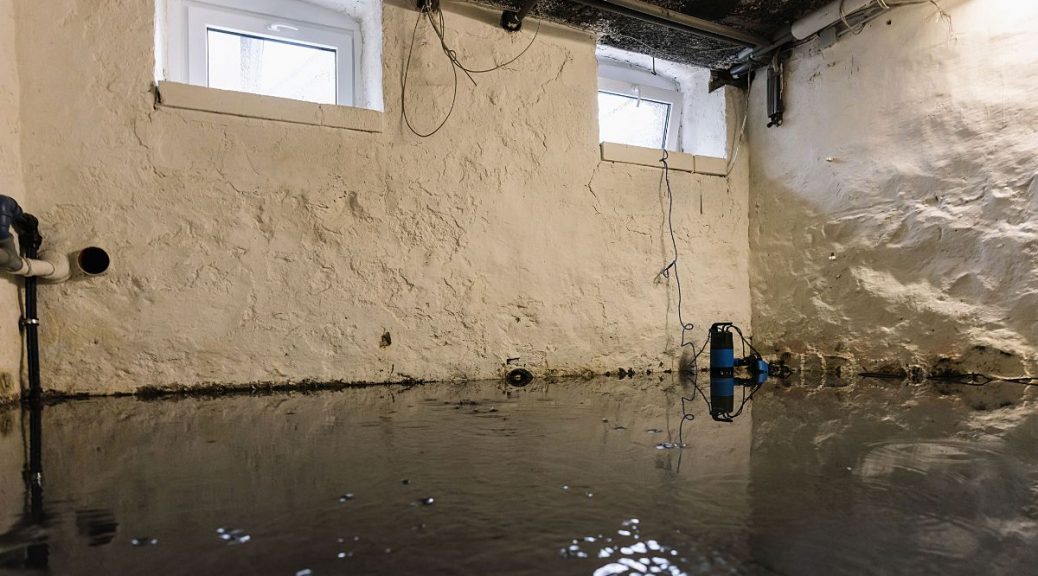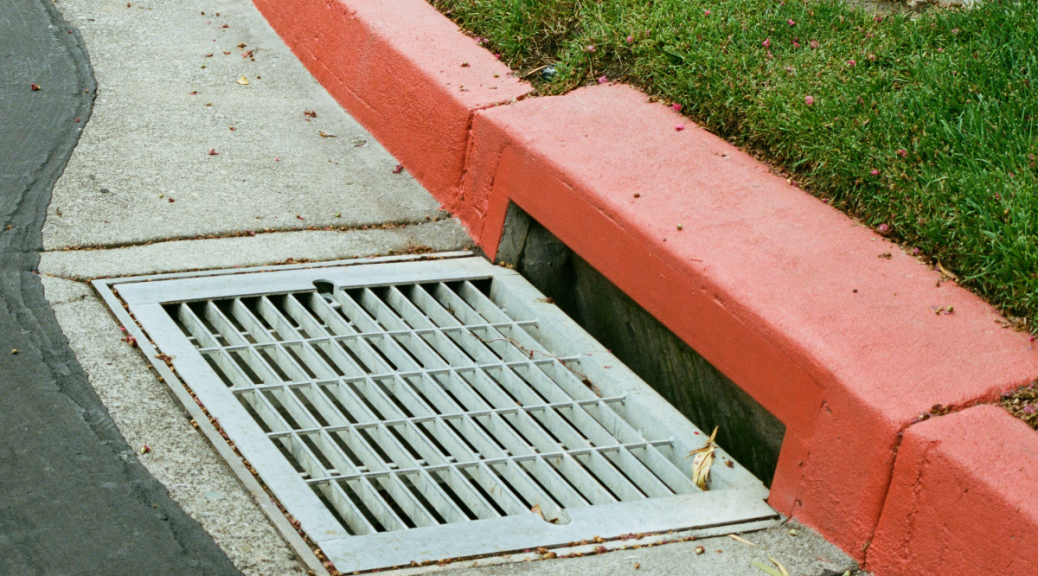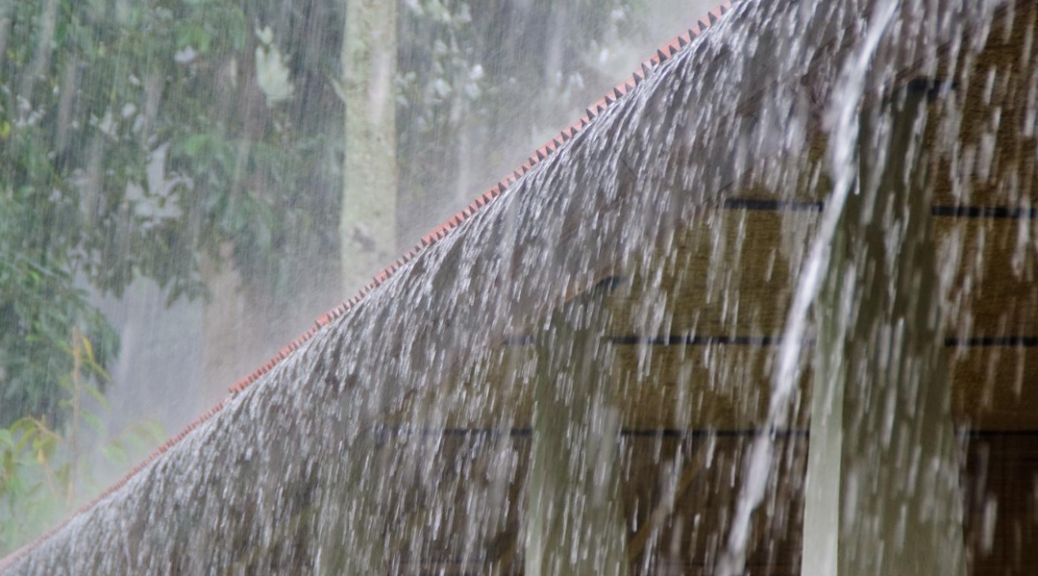Basements can flood. It’s unfortunate as a basement is an integral part of your lifestyle. You store your belongings there. You may have a laundry room, a rec room, a den, or, more importantly, a family member may live there. It has a lot of activity.
And, if you have lived in Maryland during a typical spring or summer, you have experienced heavy rains and even flooding. There are several floodplains in Maryland and many citizens carry flood insurance on their homes. *** As we have covered in previous blogs, flooding in your basement can result in major and expensive damage which may not be covered by your homeowner’s insurance policy.
Flooding is one of many reasons for your basement to flood. Here are several reasons:
- Poorly made or deteriorated waterproofing. Many parts of Maryland, including the Silver Spring, MD area, experience heavy rain or microbursts of rain. This water can get into the basement and flows into hairline cracks. It also leaks into the walls and floors causing flooding. When a home is built, the foundation, walls, and floors are waterproofed with a sealant to protect it from water leakage and flooding. These sealants, like anything else, deteriorate over time creating cracks. If you are seeing pools of water or flooding in your basement, it is time for an upgrade of the basement waterproofing.
- Poor quality drainage system. Drain tile collects the underground water. It’s located under the basement floor level around the building to make sure that water moves away from your home so it won’t leak into it. Degraded drain tile may cause flooding if there is no proper basement waterproofing.
- Plumbing leaks. Though your home may not be located in a Maryland Flood Zone, plumbing failures may cause basement flooding. Pipes can burst, the sewer line may be blocked or the sewer system may be engulfed with water, causing a backup in sinks and toilets. Plumbing leaks bring a large amount of water quickly into the basement. It smells musty or worse as it may come from the sewer backup or clogged drains.
- Clogged gutters. Gutters primarily drain rainwater and melting ice. Trees can fill up gutters along with leaves, sticks, acorns, and even dead animals, thus impeding the gutters from sending water away from your home foundation, eventually creating cracks in it. Gutters should be cleaned 2-3 times a year.
- Damaged sump pump. Sump pumps keep the basement dry and clear from groundwater. The pump collects surplus water from the foundation or from rainfall and drains it outside. Sump pumps regularly need to be inspected, cleaned, and tested so that it is properly working. It has to have electricity to operate so if a storm knocks out the power, the pump cannot work, causing a flooded basement.
- Downspout failure. Downspouts transport water from the gutter, directing it away from the home and foundation. If a downspout is broken or too close to the wall, it will drain the water back toward the basement and overload the weeping tile. This can cause basement flooding if there is no waterproofing. Downspouts need to drain 5-6 feet away from the wall.
- Leak in the supply line. When the water supply line and hot-water tank fail, the basement will flood. It happens during the winter months when water freezes and expands. The water pipes burst and flooding ensues.
The good news is that all basement flooding is preventable. You should call your basement waterproofing contractor to do an inspection on your home foundation to make sure your home is protected when those heavy Maryland rains arrive.
M Taylor Enterprise can inspect your home foundation to see if you have any basement waterproofing issues. Call our home foundation and structural repair experts in Maryland at (301) 649-3406 or matt@mtaylorenterprise.com. We will do a free consultation, make recommendations then do any needed repairs quickly and efficiently.
We serve Montgomery County, parts of Prince George’s and Howard Counties.
*** For more information on Maryland Flood Zones, visit the FEMA website.








